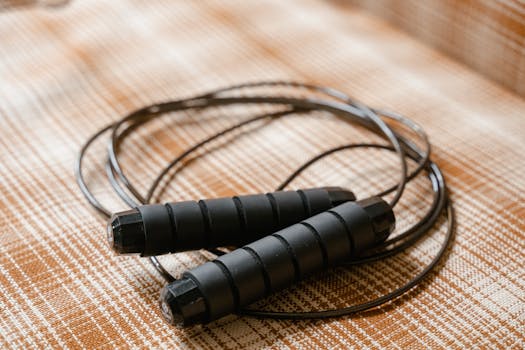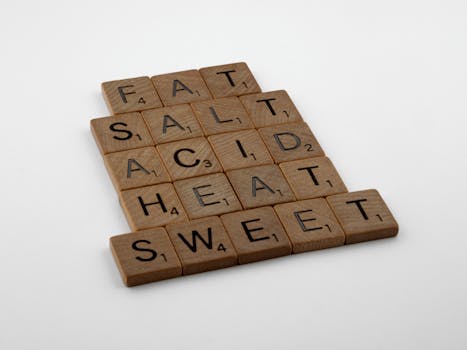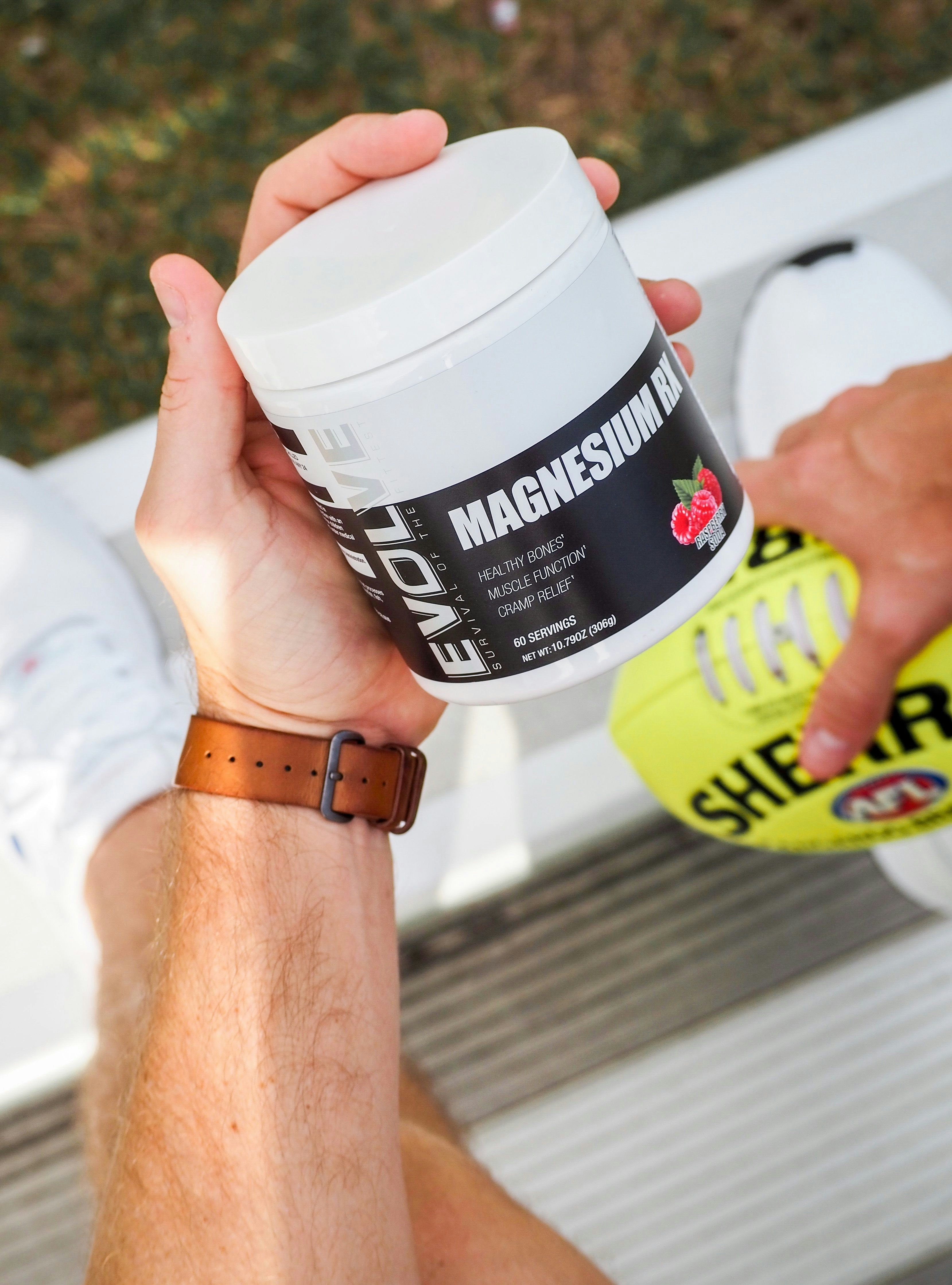10 Science-Backed Workout Recovery Strategies for Peak Performance
Aug 12, 2024
Whether you're a seasoned athlete or just starting your fitness journey, understanding and optimizing your workout recovery is crucial for achieving your goals. At Getlila, we believe in empowering you with knowledge and tools to enhance your fitness experience. In this comprehensive guide, we'll explore evidence-based strategies to maximize your workout recovery, helping you build strength, prevent injuries, and maintain long-term fitness success.
Why Workout Recovery Matters
Recovery is not just about resting; it's an active process that allows your body to repair, rebuild, and strengthen itself between workouts. Proper recovery is essential for:
Muscle repair and growth
Preventing overtraining and burnout
Reducing the risk of injuries
Improving overall performance
Let's dive into the science-backed strategies that can help you optimize your recovery process.
1. Nutrition: Fueling Your Recovery
What you eat plays a crucial role in your body's ability to recover from workouts. Here are key nutritional strategies:
Protein Power
Consuming adequate protein is vital for muscle repair and growth. A meta-analysis published in the British Journal of Sports Medicine found that protein supplementation significantly enhances muscle strength and size when combined with resistance training [1].
Tip: Aim for 1.6-2.2 grams of protein per kilogram of body weight daily. Our AI-powered nutritional guidance can help you tailor your protein intake to your specific needs.
Carbohydrate Replenishment
Carbohydrates are essential for replenishing glycogen stores depleted during exercise. Research shows that consuming carbohydrates post-workout can help improve muscle repair and performance [2].
Tip: Include a mix of complex carbohydrates in your post-workout meal, such as whole grains, fruits, and vegetables.
Hydration is Key
Proper hydration is crucial for recovery. A study in the Journal of Athletic Training found that even mild dehydration can impair exercise performance and recovery [3].
Tip: Aim to drink about 1.5 liters of water for every kilogram of body weight lost during exercise.
2. Sleep: The Ultimate Recovery Tool
Never underestimate the power of a good night's sleep for workout recovery. Research published in the International Journal of Sports Medicine shows that sleep deprivation can significantly impair muscle recovery and performance [4].
Tip: Aim for 7-9 hours of quality sleep per night. Our AI sleep optimization tool can help you create the perfect sleep routine for recovery.
3. Active Recovery: Keep Moving to Recover Faster
Contrary to popular belief, complete rest isn't always the best recovery strategy. Active recovery, which involves low-intensity exercise between workouts, can enhance blood flow and reduce muscle soreness.
A study in the Journal of Strength and Conditioning Research found that active recovery was more effective than passive rest in maintaining performance during repeated bouts of high-intensity exercise [5].
Tip: Try light jogging, swimming, or yoga between intense workout days. Our AI workout planner can help you incorporate active recovery into your routine.
4. Massage and Self-Myofascial Release
Massage and self-myofascial release techniques, like foam rolling, can significantly aid in workout recovery. A 2015 study in the International Journal of Sports Physical Therapy found that foam rolling reduced muscle soreness and improved range of motion [6].
Tip: Incorporate 10-15 minutes of foam rolling or self-massage into your post-workout routine.
5. Compression Garments: More Than Just Fashion
Wearing compression garments post-workout isn't just a trend; it's backed by science. A meta-analysis published in Sports Medicine found that compression garments can reduce muscle soreness and speed up recovery of muscle function after intense exercise [7].
Tip: Consider wearing compression garments for a few hours post-workout or during sleep for optimal benefits.
6. Cold Therapy: To Ice or Not to Ice?
While ice baths have been a popular recovery method, recent research suggests a more nuanced approach. A study in the Journal of Physiology found that regular cold water immersion might actually impair long-term strength gains [8].
Tip: Use cold therapy sparingly, primarily for acute injury management or during periods of intense competition. For regular training, focus on other recovery methods.
7. Mindfulness and Stress Reduction
Mental recovery is just as important as physical recovery. Chronic stress can impair your body's ability to recover from workouts. Research in the European Journal of Sport Science shows that mindfulness practices can reduce stress and improve recovery in athletes [9].
Tip: Incorporate mindfulness techniques like meditation or deep breathing exercises into your daily routine. Our AI-powered mental wellness tools can guide you through effective stress-reduction practices.
Listening to Your Body: The Ultimate Recovery Tool
While these strategies are backed by science, it's crucial to remember that everyone's body responds differently to exercise and recovery methods. The key is to listen to your body and adjust your recovery strategies accordingly.
At Getlila, we understand the importance of personalized fitness solutions. Our AI-powered personal training adapts to your individual needs, helping you optimize both your workouts and recovery for maximum results.
Conclusion: Recovery is Your Secret Weapon
Effective workout recovery is not just about feeling better between sessions; it's about enhancing your overall fitness journey. By implementing these science-backed strategies and utilizing Getlila's AI-powered tools, you can take your workout recovery to the next level, leading to better performance, reduced risk of injury, and long-term fitness success.
Remember, recovery is not a one-size-fits-all approach. Experiment with these strategies, listen to your body, and find what works best for you. With Getlila by your side, you're well-equipped to master the art and science of workout recovery.
Ready to optimize your workout recovery? Start your personalized fitness journey with Getlila today!
Ready to Simplify Weight Loss?
Download the Lila app or visit getlila.com to start your journey. Experience the power of an AI-driven approach designed to adapt to your changing body and unique needs. Embrace holistic weight loss with Lila—because you deserve to feel strong, confident, and truly yourself again.
References:
Morton, R. W., et al. (2018). British Journal of Sports Medicine, 52(6), 376-384.
Beelen, M., et al. (2010). International Journal of Sport Nutrition and Exercise Metabolism, 20(6), 515-532.
Judelson, D. A., et al. (2007). Journal of Athletic Training, 42(4), 509-514.
Skein, M., et al. (2011). International Journal of Sports Medicine, 32(9), 643-648.
Andersson, H., et al. (2008). Medicine & Science in Sports & Exercise, 40(2), 372-380.
Pearcey, G. E., et al. (2015). International Journal of Sports Physical Therapy, 10(6), 827-838.
Hill, J., et al. (2014). Sports Medicine, 44(2), 251-263.
Roberts, L. A., et al. (2015). The Journal of Physiology, 593(18), 4285-4301.
Röthlin, P., et al. (2016). European Journal of Sport Science, 16(1), 112-119.
You should not have to do it all on your own











